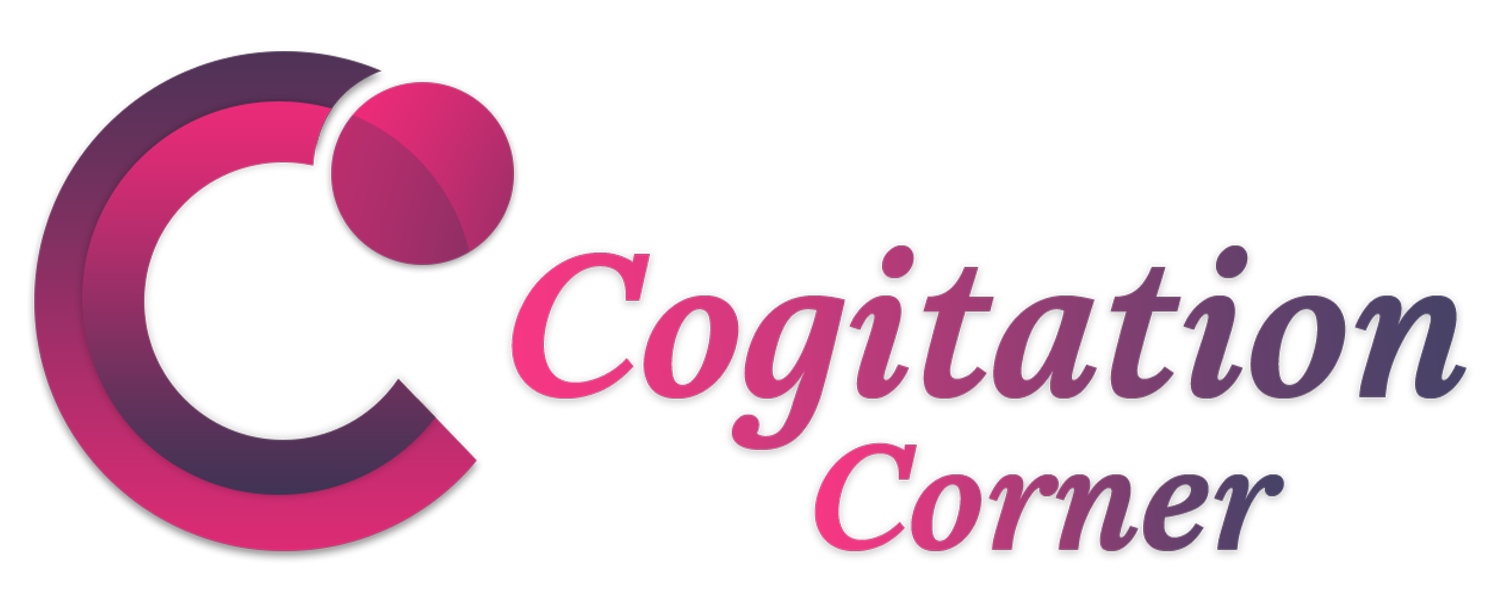The Role of Preventative Care in the Future of Medicine
Healthcare is shifting from reactive to proactive, with more emphasis on prevention. Preventative care is the new healthcare method where diseases are prevented before they manifest so it is becoming a pillar of modern healthcare. Such a transition yields not only much better results for individual health but also lowers the pressure on global health services. From lifestyle adjustments and preliminary checkups to advanced technologies and tailored medicine, preventative care is revolutionizing the future of health care. This article delves into the significance of preventative care, its advantages, and the ways it is transforming with advancements in medical science.
What is Preventative Care?
Preventative care aims to avoid sickness, accidents, or injury rather than treating the consequences. Diagnosis It can encompass lifestyle interventions, medical screenings and vaccinations. The second approach, which is worldwide, is to detect problems early, intervene before escalation and promote long-term health.
Here are a few examples of preventative care:
• Routine Health Screenings: Regular checkups and screening tests to identify signs of diseases such as cancer, diabetes, or heart disease in their early stages.
• Vaccinations: Shots to prevent infectious diseases like the flu, pneumonia and H.P.V.
• Lifestyle Changes: Healthy behaviors such as physical activity, a balanced diet, and stress management to prevent chronic diseases
• Chronic Disease Management: This includes monitoring and control of chronic diseases such as hypertension or diabetes to prevent complications.
In an attempt to lower costs and improve quality of life, preventative care is the proactive approach that enables individuals to take control of their health.
The Based Approach to Preventative Care
1. Reduced Healthcare Costs
There is evidence that preventative care reduces healthcare costs long-term. Because the emphasis is not on treatment but rather on prevention, people can steer clear of costly hospitalizations, surgeries, and long-term care for chronic illnesses. For instance:
• Early Detection: Cancer, diabetes, and heart disease all have screening tests available that can catch these issues before they become worse and much more costly to treat.
• Chronic Disease Prevention: Diseases like hypertension, diabetes, and obesity are becoming widespread, but early treatment can improve a population in the longer-run; fewer complex diseases mean fewer long time hospital stays and repeated expensive procedures to treatment.
By focusing on prevention, the financial cost is relieved for both people and the healthcare system.
2. Improved Quality of Life
Wellness care prevents chronic disease and makes people healthier (and happier). It enables people to live longer, healthier lives with less prevention-related complications. For example:
• Preventing Chronic Diseases: Employees have the potential to reduce their risk of chronic diseases, such as heart disease, diabetes, and cancers, by managing risk factors like obesity, smoking, and sedentary lifestyles.
• Psychological Health Advantages: Preventative care isn’t just for the body; it also covers screenings and advice for mental state which can keep problems such as depression or stress from ever interfering with your life.
Designing Smart Preventative Care
1. Personalized Medicine
Personalized medicine (also known as precision medicine) uses data to individualize medical treatment for each patient. They use genetic testing, lifestyle information and environmental factors to tailor prevention strategies to each individual in a novel approach.
• Genetic Testing: The ability of genetic testing to determine a patient’s susceptibility to certain diseases and conditions. Genetic testing, for instance, can tell if you have mutations that raise your risk for breast cancer, enabling you to be screened earlier and more targeted.
• Individualized Health Plans: By synthesizing genetic data with lifestyle and environmental information, practitioners can develop extremely individualized prevention strategies. This could be anything from diet recommendations to exercise routines and even medication regimens to reduce the risk of developing certain diseases.
By personalizing prevention according to each person’s distinctive health history, personalized medicine helps increase the effectiveness of preventive care.
2. Wearable Health Devices
Wearable devices have come a long way, making it easier than ever for people to continually monitor their health. The introduction of devices such as smartwatches, fitness trackers, and even portable ECG monitors have enabled people to monitor essential health metrics such as heart rate, blood pressure, sleep patterns, and levels of activity.
• Device: They give real-time data to catch the early stages of possible health issues; such as rare heart rhythms or blood pressure flares so we can tackle it before it becomes worse.
• Prevention Alerts: If readings provided by wearables are at levels outside of normal, the user or their healthcare provider can be alerted to those readings and can intervene early to prevent more serious health events such as heart attacks or strokes.
They placed the power in the hands of laypeople to be in charge of their health and to detect problems before they spiral into pathology.
3. Digital Health Platforms
The rise of digital health platforms, including telemedicine, mobile health apps, and online diagnostic tools, is making preventative care more accessible. These platforms allow individuals to engage with healthcare providers, track their health, and access resources from the comfort of their own homes.
• Telehealth: Patients can meet remotely with doctors, nurses and specialists through virtual consultations, making it easier to keep up with proactive care such as screenings, vaccinations and wellness check-ups.
• Health applications: Using mobile apps is one way to track health metrics such as diet, exercise, and mental health. Applications such as MyFitnessPal and Headspace allow users to incorporate healthy habits into their routine easily and help them manage their health proactively.
• Virtual fitness workouts: Online fitness platforms provide personalized workout routines and wellness advice suited to personal health goals, making it simpler for people to exercise and live a healthy lifestyle.
These innovations are democratizing access to preventative care, and empowering individuals with the ability to manage their health without having to physically visit a healthcare facility.
The Key Elements of Preventative Healthcare
1. Having Health Screenings and Regular Health Check-ups
Regular health screenings are the most reliable way to identify early signs of a health problem. It is of paramount importance to detect early diseases that range from cancers to diabetes, hypertension and cholesterol. Some important screenings to prevent include:
• Blood Pressure Check Up: High blood pressure can be a cause of heart disease and stroke. Frequent checks can spot high blood pressure before symptoms show up.
• Cancer Screenings: Mammograms, colonoscopies, skin checks, etc. help catch cancer early when it is most treatable.
• Testing for diabetes: Blood glucose testing will reveal early signs of diabetes, and prompt actions to get the condition under control.
These screenings identify diseases before they can do serious harm – both saving lives and dollars.
2. Vaccinations and Immunizations
Vaccines are one of the pillars of preventative care. Vaccines help to prevent the vaccine-preventable diseases in an individual, and also contributes towards the public health. Crucial vaccinations include the following:
• Flu Shots: Seasonal flu vaccines provide annual protection against flu seasons, which can be deadly to the elderly and people with weakened immune systems.
• Human Papillomavirus [HPV] Vaccine: The HPV vaccine prevents the cancers associated with HPV, such as cervical cancer.
• Pneumonia vaccination: Vaccination to prevent pneumonia can be particularly useful in preventing respiratory infections among the elderly and those with chronic illnesses.
Vaccination stops the transmission of infectious disease and decreases the general burden on healthcare systems.
3. Healthy Lifestyle Choices
Chronic diseases are largely preventable by healthy lifestyle. Following healthy habits also can greatly lower the risk of diseases, such as heart disease, diabetes and obesity. Healthy lifestyle choices include:
• Exercise: Routine physical activity maintains a healthy weight, minimizes the risk of heart disease, and improves general mental well-being.
• Eat Enough: Eating a well balanced diet including plenty of fruit, veggies, whole grains, and lean protein gives your body the nutrients it needs to function properly.
• Stress Management: Mindful practices, meditation, or yoga to manage your levels of stress are ways to reduce the risk of mental health issues as well as risk of physical diseases such as hypertension and heart diseases.
Adding these habits to your daily life is a great form of preventative care and can contribute to longevity and wellbeing.
Conclusion
Preventative Health Care is The Future of Healthcare – the smarter, better, cheaper way to deliver improvements in health outcomes. Many governments attempt to promote health systems by investing more on prevention, early detection and personalized treatment, thus reducing the burden of disease and enhancing quality of life for the global population. Of course, as the medical technology environment continues its rapid advancement, so too will the tools and strategies for supporting preventative care improve, allowing for individuals to more easily stay healthy, avoid unnecessary health crises, and live enriched, healthy lives.







